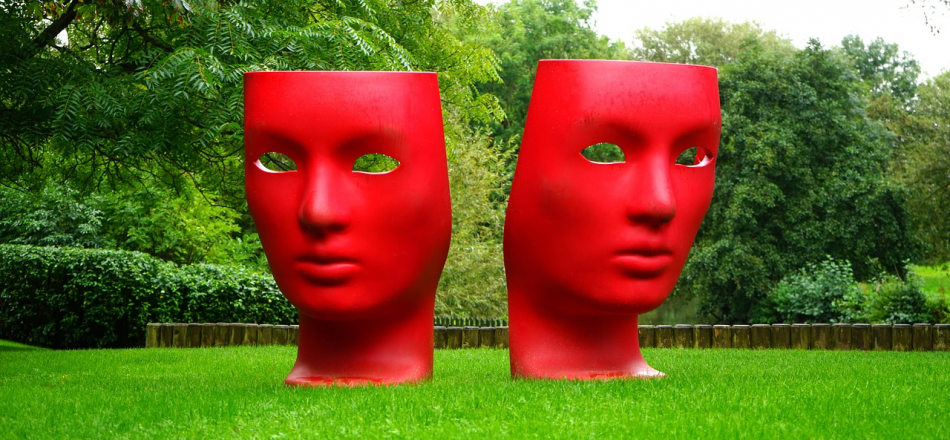Depersonalization

- Altered perception and dissociated feelings
- Feeling detached or disconnected from yourself, your mind, or your body
- Feeling like an alien in your own body
- Feeling like you’re not real, or like your words, emotions, and actions belong to someone else
- Feeling like you’re performing or acting, not being authentic
- Often experienced in combination with derealization (see ‘Derealization’)
What is withdrawal-induced depersonalization?
Depersonalization is a normal symptom of withdrawal from psychiatric drugs. Typically, it’s described as the experience of feeling disconnected or detached from yourself or your body. You might feel like you’re watching yourself from a distance with no sense of control, or as if you’re a spectator of your own life without a connection to a real sense of self. Some people describe even feeling like “an actor performing my life”. For some, the experience can be so dramatic that they report looking in the mirror and not recognizing themselves, or hearing their own voice as unrecognizable. In withdrawal circles, you’ll often hear people talk about “DP/DR”, as the experience of depersonalization often seems to go hand-in-hand with derealization.






